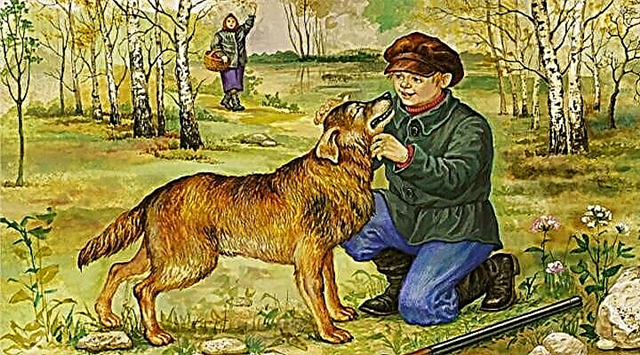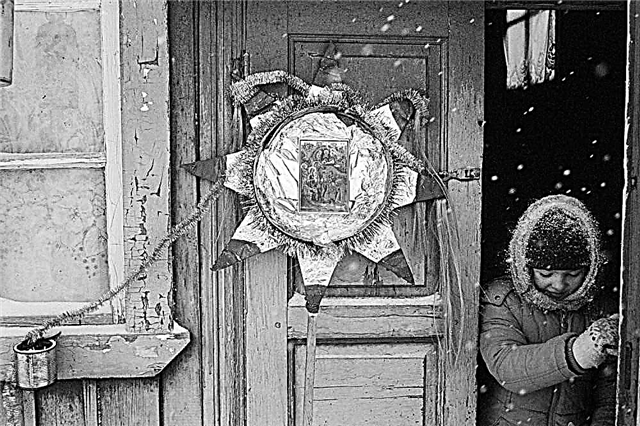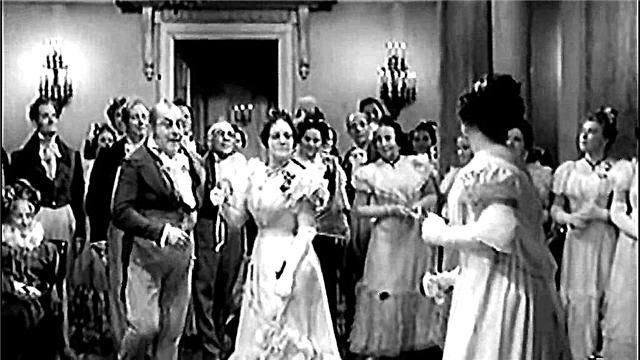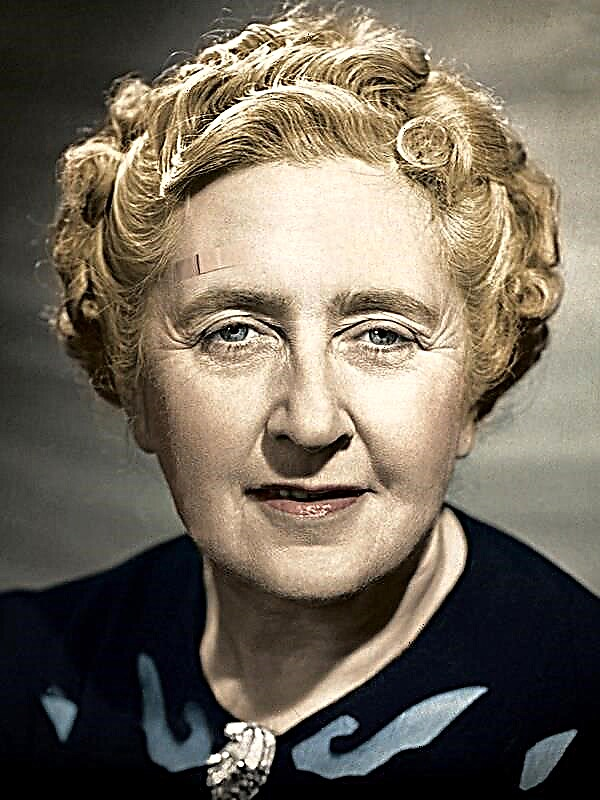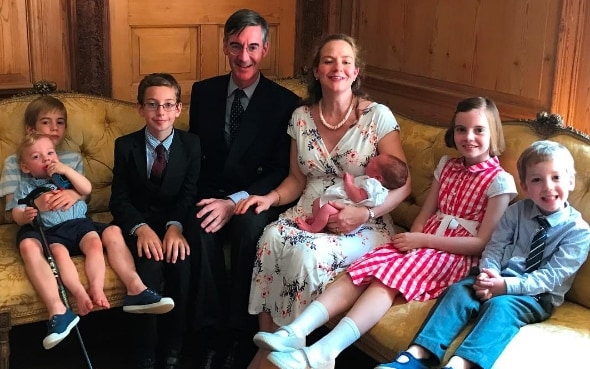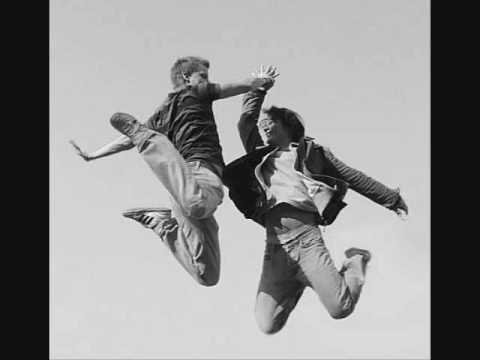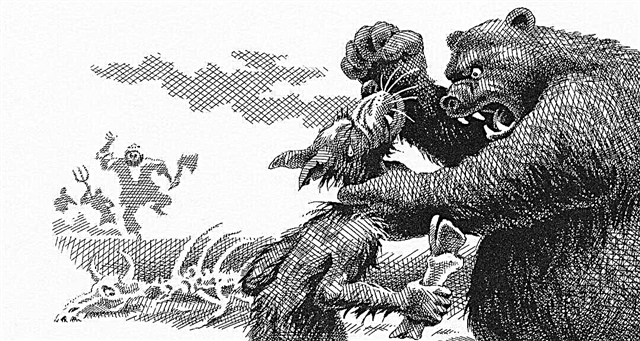(343 words) The philosophical theme of the meaning of life was, is and will be especially popular among writers. Many writers expressed their thoughts about this. Maxim Gorky was no exception. For example, some of the characters in the play “At the Bottom” reflect those ideas about the meaning of life that were popular in his time. Let's consider them in more detail.
In total, the work has three meanings of life, three truths - Bubnov, Luke and Satin. The first hero believes that fate cannot be changed. Almost all of his statements belittle personality. For him, man is an empty place: "All people on earth are superfluous ..". He cannot sympathize with someone. Recall the episode with the dying Anna, when a woman asked him not to make noise, the hero only snapped. Bubnov used to tell the truth. In his opinion, only having lost everything, you can show your true face. The hero himself is selfish and pathetic. For him there is no meaning to life. There is only a planned over course of all events.
The opposite philosophy of life in Luke. For the hero, the most important thing is faith. Belief in a person and in his ability. The hero finds kind words and comforts for everyone. He promises Anna a happy afterlife, Nastya supports her in love, and tells the actor about a free hospital where they can cure alcoholism. Retelling the story of the righteous land, Luke gives hope to the shelters. They feel that they can change something, but without the help of a hero, these "extra" people simply break down. Unlike Bubnov, Luke believes in man. In his opinion, kindness and care can change someone's life.
The third truth is related to Satin. It is this hero who believes that a person should not give imaginary hope, as Luke did. He is sure that only respect can change something. The meaning of life for him is the truth: “Truth is the god of a free man!” For the hero, personality matters. That is why he speaks of a man with a capital letter. Satin itself is apathetic. Despite the fact that the hero is endowed with the mind, he refuses to do anything. His main credo is "doing nothing."
So, in Gorky’s play we see three meanings of life: for Luke - faith, for Sateen - true, for Bubnov - blind adherence to the will of fate. Thus, Gorky offers us to compare these life guidelines and choose your own. Therefore, the final decision is made by the reader!

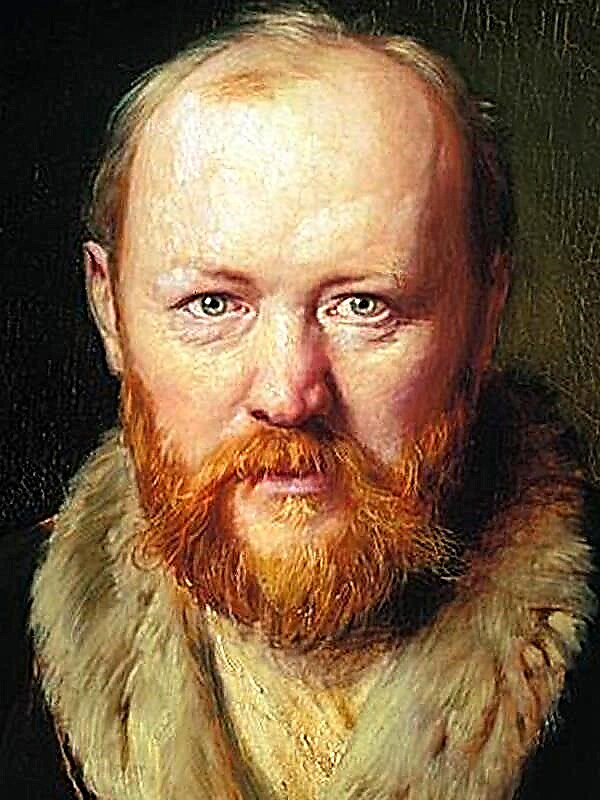
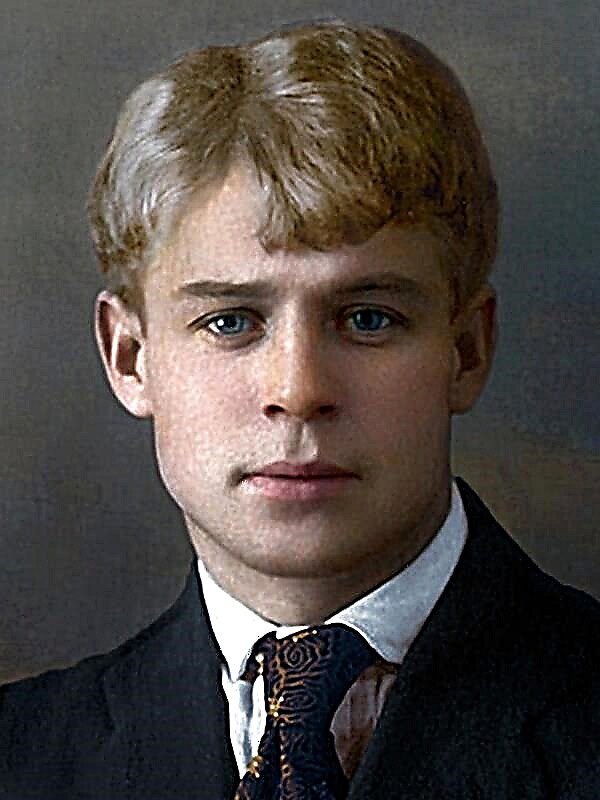
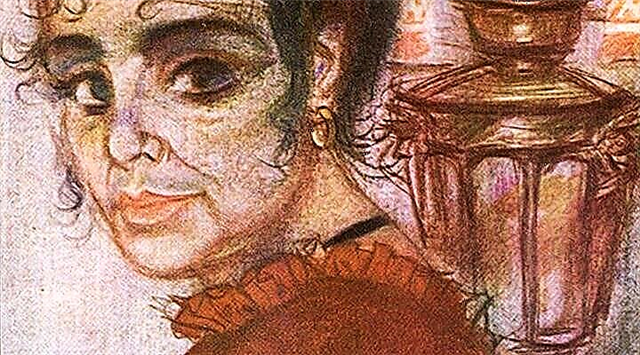 Dark alleys
Dark alleys